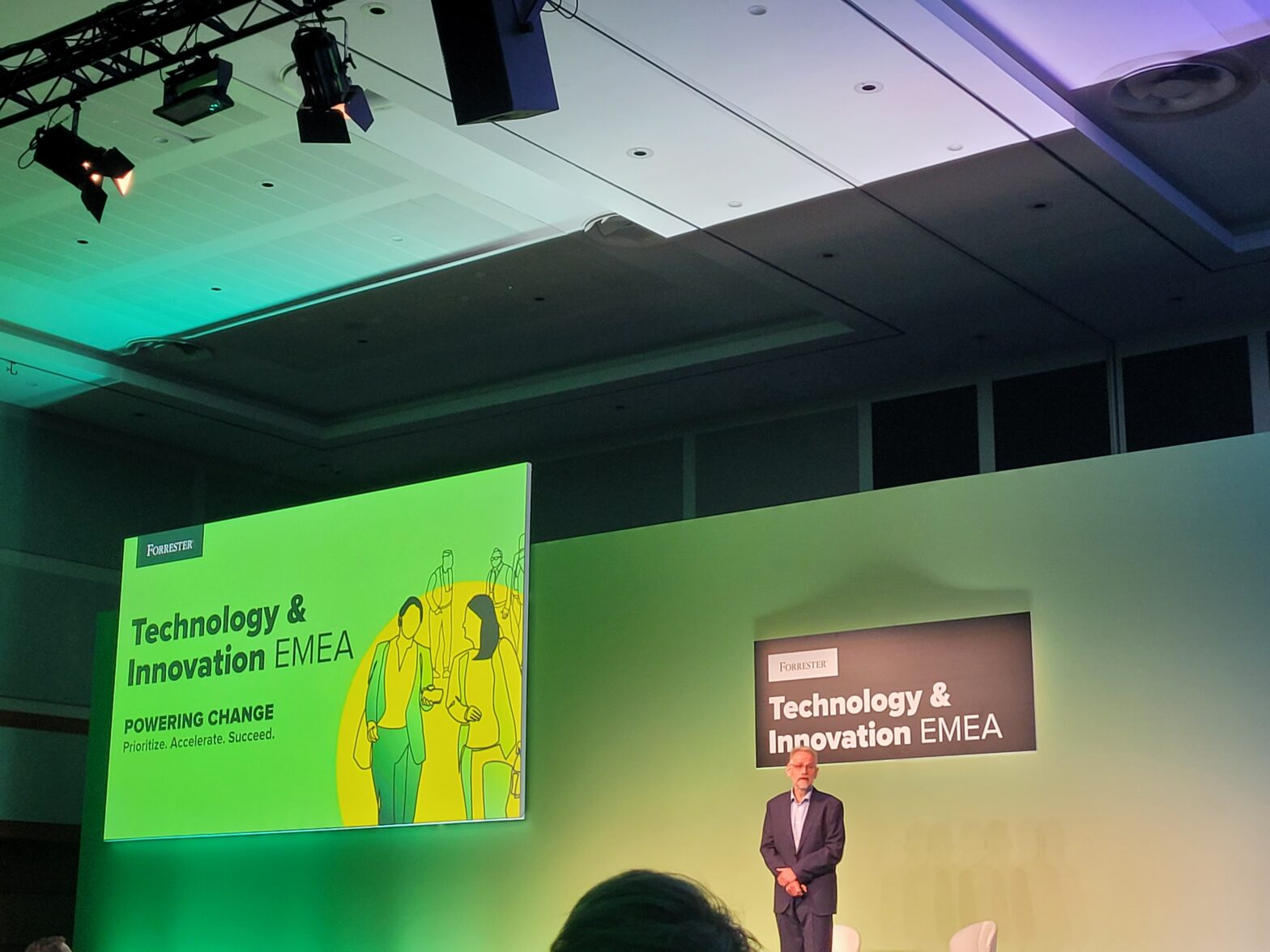2018 was certainly not a quiet year for IT departments across the UK; hype increased around several emerging technologies from AI to blockchain, serious security breaches occurred on a weekly basis, IT outages caused business disruption and, of course, GDPR finally became a reality. With the Christmas break just around the corner, CIOs are reflecting on the last 12 months and drafting their wish lists for 2019.
Wish number one: The right team, the right skills
Every organisation is evolving to become a software business. Whether you are a fashion retailer, an insurance provider or a professional services organisation, it would be impossible to remain competitive in an increasingly demanding market without your IT. Across all businesses – from global and large corporations to small enterprises and startups – this evolution has dramatically changed both the skillset of the IT team, and the CIO.
The skills gap is an age-old problem, and for decades CIOs have had to keep pace with technology, ensuring they have a knowledgeable team behind them with the right expertise to deal with this rapidity of change. However, focusing on technical skills has stifled progress in technology departments – and consequently, businesses. Instead of focusing on the wider strategy and helping to deliver real business value, CIOs have had to constantly fix operational problems.
This is about more than just recruiting the IT team based on their technological skills; it comes from the way we use technology, the ubiquity of technology and the reliance most organisations have on technology. These strands all fall under the culture of an entire organisation.
Simply importing people with technical skills will only hinder the business from making the necessary business transformation. Technical skills can be learned, but the so-called ‘softer’ skills of communication, leadership, business acumen and teamwork have historically been absent from the recruitment process. As we move into 2019, CIOs will be wishing for teams that have the skills for cultural change, as well as technology.
Has the cloud skills gap become a cloud skills crisis?
Wish number two: Thinking time
CIOs have had a lot to deal with this year, and the constant pace of change and the challenging, competitive nature of business can often leave CIOs firefighting the operational elements of IT alone.
As Christmas nears, the CIO will be wishing for more time to think, learn, understand and – ultimately – consult the board on the wider strategic elements of technology within the organisation, rather than just the tactical. This partly stems from the first wish – having the right team members with the right skillset in situ, to relieve the CIO from some of their operational duties.
The CIO should be a strategic role – this has always been the case, but it is rarely the reality. As IT moves to the core of business operations, it is no longer enough to understand the technology elements of how, when, where and why information is stored and shared. Now the CIO needs to understand the business as a CEO or Managing Director would. Gartner predicts that by 2020, 100% of roles in IT will require a good understanding of the core business and an awareness of business and strategy, in general, to effectively execute on the digital business strategy.
CIOs are beginning to understand the importance of stepping up to an internal consulting role, with exceptional knowledge, and focus on the business goals and overarching vision. However, to do this consistently, they need the breathing space to rise above the operational noise and start thinking business, rather than just technology. Like all good leaders, CIOs need space to see beyond the day to day and begin to look into the future. They need the time to read, to think, to test hypotheses, to share ideas and to exercise their creative ‘what-if’ functions. To achieve this, they need to be freed of some of their operational constraints.
Gartner warns skills shortage could hamper digital transformation efforts
Wish number three: A different perspective on budgeting
IT budgets are a painful process of numbers, scrutiny and self-justification. Many budgets are simply composed from the previous year’s budget, with a few tweaks and probably some cost-cutting pressure from the board. Therefore, it is likely that every CIO will be hoping for a budgeting process that is more effective, less time-consuming and tailored better to the new financial year.
IT has been traditionally perceived as a cost centre, but as technology gets closer to the core of business and becomes mission-critical, a switch in perception is required. For many enterprises, IT has become a driver of profits, which has increased the pressure and expectations of the CIO to deliver the best capabilities. However, funding organisation-changing initiatives has often been a struggle, as well as measuring KPIs and ROI on executed projects.
Instead of maintaining the same approach and achieving the same result, CIOs should be wishing for a different method of budgeting, turning to variants such as Zero-Based budgeting. This alternative sets budgets to zero each year and, while it sounds somewhat counter-intuitive, has the power to cut unnecessary costs based on a blueprint from the previous 12 months, free up capital, and ultimately, invest in building innovation and driving growth.
Ultimately, this nuance to budgeting frees the CIO from the constraints of traditional budget tactics, and allows them to think more strategically, designing with a blank sheet and moving away from legacy debt. As the world of technology evolves, so must the process of accounting for it and the process for financial planning. Adopting a new strategic approach and attempting to budget this in a traditional way is counter-productive. The CIO now needs to educate the CFO and ask for latitude in how the budget is produced. In doing so, they can focus on the future and assert themselves as a strategic advisor.
The demand for cloud skills in the UK continues to rise
Only one night to go
There are undoubtedly more wishes on the nation’s CIOs’ wish lists this Christmas. However, as we move into 2019, talent, thinking time and a new approach to budgeting will help the CIO not only become a strategic advisor to the board, but also drive innovation and efficiency across all areas of the business.
It is an exciting time to be a CIO, and there is a great deal of potential to shape innovation, not just in technology, but in developing new business models, helping place all-important customer experience at the heart of an organisation’s operations, and guiding every department across the enterprise to succeed. It is, therefore, incumbent on the CIO to ask what the team is trying to do and feed it back into the strategy accordingly, and this can only be achieved successfully with a degree of breathing space.
If the CIO only focuses on the technology, without considering the culture, they will limit the business’ ability to transform. Both the CIO and the team need to strive for cultural change and have the skillset to do so.
Finally, as the IT department is considered more seriously as a business and mission-critical aspect of the organisation, it is imperative that its method of budgeting is handled equally. Budgeting can often be a nuisance for CIOs, but a Zero-based approach can alleviate this pain and provide a more strategic way of thinking.

Written by Simon Ratcliffe, Principal Consultant, Ensono










